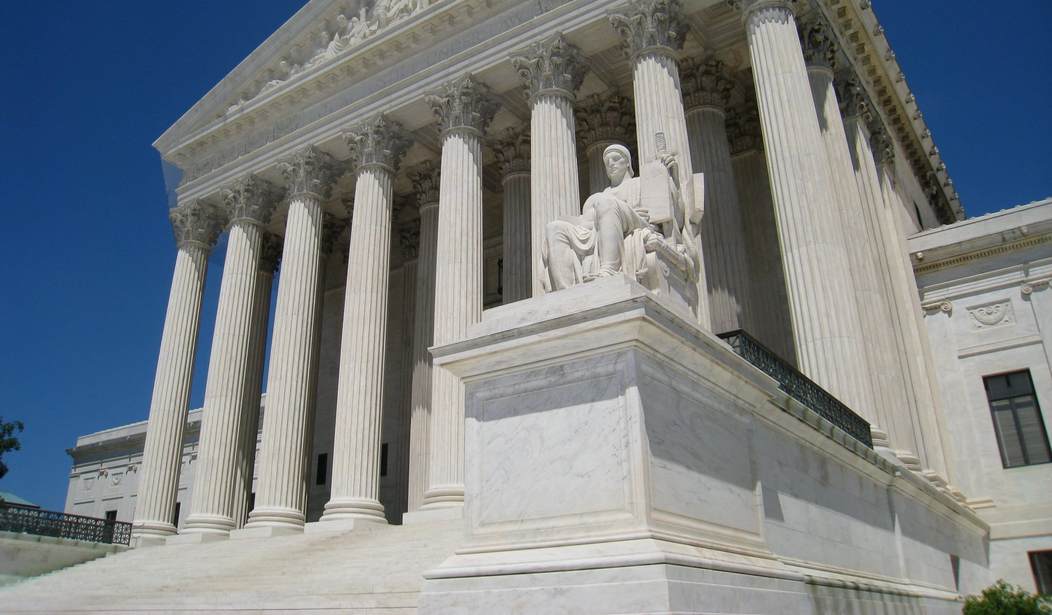Ever since it came into existence in 2011, the Consumer Financial Protection Bureau (CFPB) has been imperiled by its structure. Now, the Supreme Court is set to hear a case that challenges that structure and may force the agency to go out of business.
At issue is the unique independence of the head of the agency, who can only be removed for “inefficiency, neglect of duty, or malfeasance in office.”
On the surface, this is a clear violation of the separation of powers. To constrain the executive’s power arbitrarily was not something Congress can do.
The Trump administration has allowed the Justice Department to take the unusual position of arguing against a federal law — something it rarely does.
“Vesting such power in a single person not answerable to the president represents a stark departure from the Constitution’s framework,” the Trump administration told the justices in court filings.
In a short Friday order, the justices also asked the parties to address whether the contested removal provision can be severed from the rest of the Dodd-Frank law. That gives the justices a path to strike down the removal position without imperiling the landmark Dodd-Frank law.
The bureau may have stopped some predatory lending practices, but it has also put a stranglehold on credit availability for the middle class. Its mandate is “to regulate mortgage servicing, pay-day lending, and stop predatory scams.”
The CFPB has severely damaged the payday lending industry, although many financial experts believe it should have been more tightly regulated in the first place. But the CFPB’s rules have also negatively affected other lending institutions that service high-risk borrowers. There’s such a thing as overkill and the CFPB does it regularly.
Since Trump became president, the Republicans have tried to roll back some of the more onerous rules. But until the agency is consigned to the dustbin of history, it will continue to micromanage the nation’s financial institutions.
That’s why this case could be a landmark decision that actually restrains the government.
The case now before the court involves a California law firm called Seila Law the bureau investigated for allegedly unscrupulous debt relief practices. In turn, the firm challenged the constitutionality of the bureau’s structure.
As a professor at Harvard Law School, [Sen. Elizabeth] Warren agitated for the creation of a consumer protection agency. Though former President Barack Obama tapped her to set up the agency following passage of Dodd-Frank, she was ultimately passed over for the directorship due to protracted opposition to her appointment in the Senate.
Like the CFPB, some federal agencies are chartered to operate with a degree of independence from the political branches. In the past, the Supreme Court has allowed independent multi-member panels like the Federal Trade Commission (FTC) or investigatory independent counsels. The administration argues those precedents don’t apply here, however, because the CFPB director exercises executive power alone with no accountability to the president.
If there were a clearer example of government overreach, I haven’t seen it. While it’s likely that the provision in question will be struck down, how the agency as a whole fares is anyone’s guess.










Join the conversation as a VIP Member